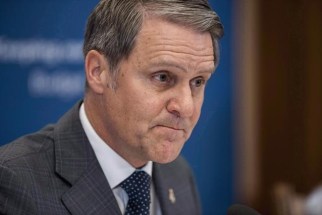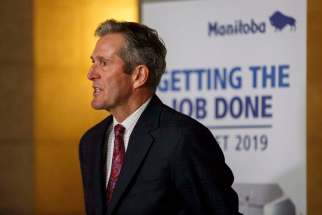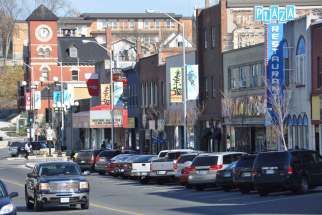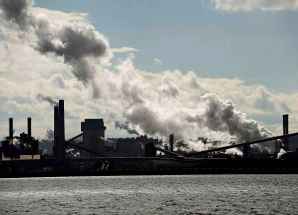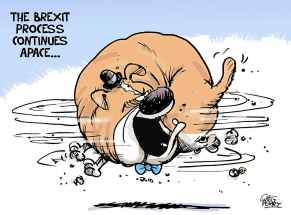Winnipeggers down after jump at pumps
Read this article for free:
or
Already have an account? Log in here »
To continue reading, please subscribe:
Monthly Digital Subscription
$0 for the first 4 weeks*
- Enjoy unlimited reading on winnipegfreepress.com
- Read the E-Edition, our digital replica newspaper
- Access News Break, our award-winning app
- Play interactive puzzles
*No charge for 4 weeks then price increases to the regular rate of $19.00 plus GST every four weeks. Offer available to new and qualified returning subscribers only. Cancel any time.
Monthly Digital Subscription
$4.75/week*
- Enjoy unlimited reading on winnipegfreepress.com
- Read the E-Edition, our digital replica newspaper
- Access News Break, our award-winning app
- Play interactive puzzles
*Billed as $19 plus GST every four weeks. Cancel any time.
To continue reading, please subscribe:
Add Free Press access to your Brandon Sun subscription for only an additional
$1 for the first 4 weeks*
*Your next subscription payment will increase by $1.00 and you will be charged $16.99 plus GST for four weeks. After four weeks, your payment will increase to $23.99 plus GST every four weeks.
Read unlimited articles for free today:
or
Already have an account? Log in here »
Hey there, time traveller!
This article was published 01/04/2019 (2449 days ago), so information in it may no longer be current.
Winnipeg’s gas prices are among the lowest in Canada, but that didn’t stop motorists from griping about them going up when the federal carbon tax kicked in Monday.
“It’s too much,” Bea Bayalan said as she filled her Honda Civic at the Red River Co-op on Ellice Avenue.

The price at the pump was $1.19 per litre, including the federal carbon tax put on provinces like Manitoba that had refused to impose their own emissions pricing. The starting rate adds 4.4 cents to the price of a litre of gas, about four cents to a cubic metre of natural gas, and also drives up the cost of propane, butane and aviation fuel.
Bayalan works full-time downtown and said she’s going to feel the tax’s pinch. At the same time, she doesn’t believe it will be enough to get gas-guzzling vehicles off the road, cut pollution and reduce climate change.
Concerned but skeptical
All of the motorists the Free Press spoke to Monday said they’re concerned about climate change — even if they’re skeptical about how the carbon tax will impact it.
All of the motorists the Free Press spoke to Monday said they’re concerned about climate change — even if they’re skeptical about how the carbon tax will impact it.
They have every reason to be concerned, says a new report by Environment and Climate Change Canada.
Canada is warming up twice as fast as the rest of the world, and that warming is “effectively irreversible,” says the first Canadian-specific modelling of climate change.
Warming is happening even faster in winter, leaving southern Canadians with more winter rainfall and northern Canadians with melting permafrost and less sea ice. The Arctic is hit the hardest, the report says, with estimates it is warming three times as fast as the rest of the world — leaving the risk that by the middle of this century, most marine regions in the North will be ice-free for at least a month at a time.
More than 40 scientists worked on the report for the federal department. They say if nothing is done to reduce the greenhouse gas emissions building in the atmosphere, Canadians will end up with 10 times as many deadly heat waves and twice as many extreme rainstorms.
— with files from The Canadian Press
“It doesn’t make any sense,” she said.
Whether it makes sense or not, the cost of filling up a gas tank in Winnipeg is still much less than most other cities in Canada, one cycling advocate pointed out.
“We tend to have low gas prices in Manitoba,” said Bike Winnipeg executive director Mark Cohoe, adding Monday’s increase may get more Winnipeggers cycling, even if fuel prices are still comparatively low.
Winnipeg doesn’t have a city gas tax and Manitoba’s provincial fuel tax is one of the lowest in Canada.
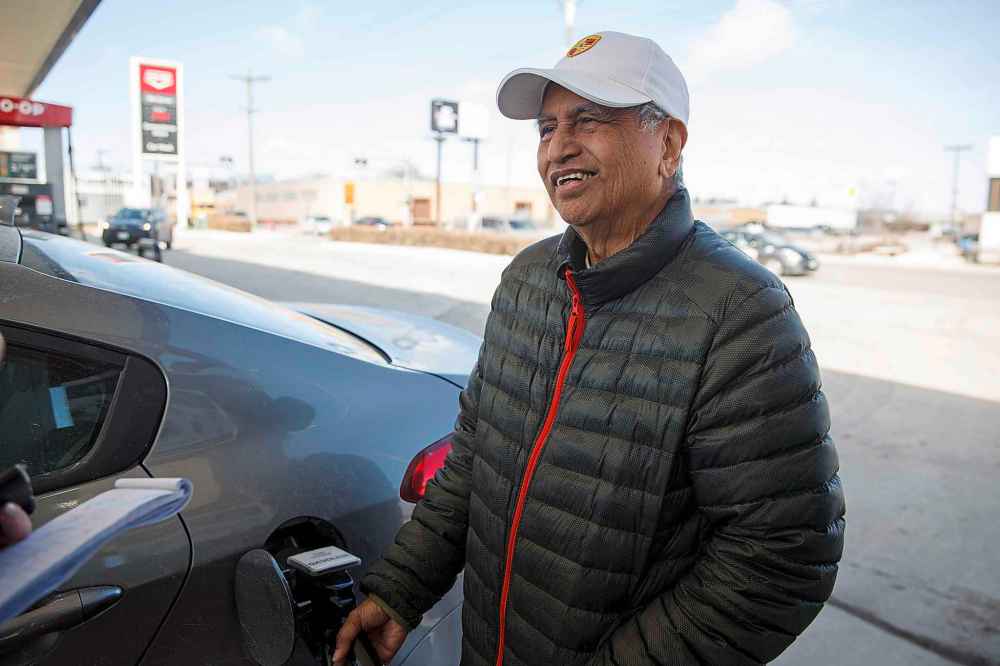
Manitoba charges 14 cents per litre, compared to 20.5 cents in Newfoundland and 25.4 cents per litre for drivers in Vancouver. The lowest price at the pump in Vancouver on Monday afternoon was $1.48 per litre, the website Gas Buddy noted.
The comparison was no comfort to one senior gassing up for the first time since the carbon tax took effect.
“For us retired people, it’s not good,” Nick Generao said while filling his mid-size sedan. “It’s not good for people on a fixed income.”
The carbon tax is going to result in an increase in the price of a lot of things and will impact his cost of living, he said. “I’ll just drive less now, maybe.”
Addressing global warming and climate change is a good idea but a carbon tax — even with a promised federal income tax rebate expected to cover the increased cost at the pumps — isn’t the way to do it, said Generao.
“Everything goes up in price. It’s too hard.”
Paul Howes, driving a Ford Edge SUV, said he’s concerned paying more at the pump will impact Canadian families who need to get around, while doing nothing to address climate change that’s going to require a massive, global response.
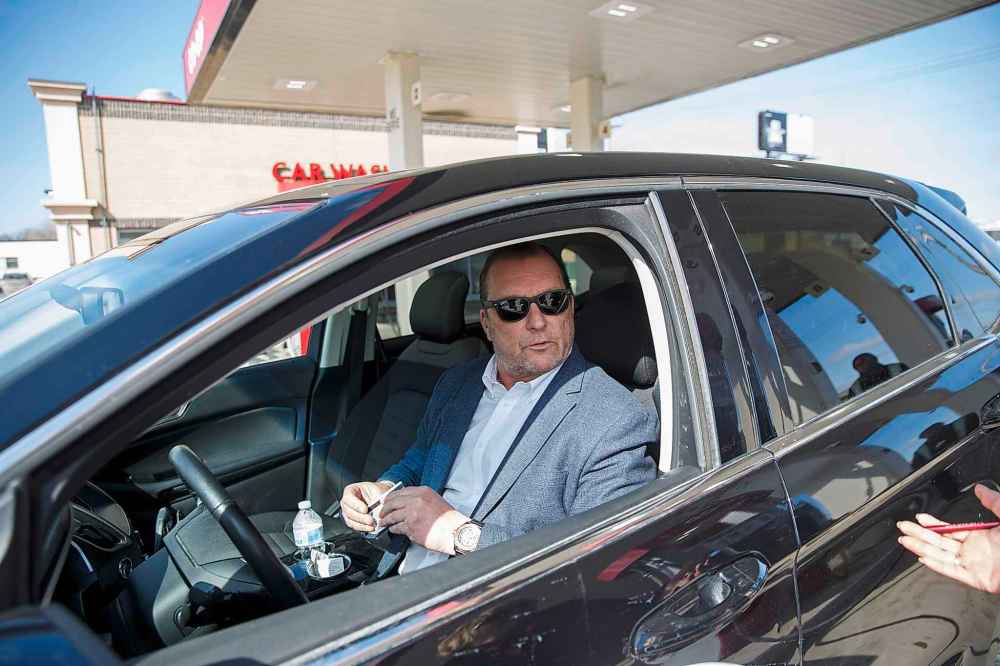
Howes said he’s not convinced a rise in consumer gas prices will have the desired effect and get people to drive less or switch to more energy-efficient vehicles.
“It’s hard to say,” said Les Williams, who was filling up one of his employer’s backhoes Monday.
He said he swapped his own gas-guzzling pickup truck for a fuel-sipping, four-cylinder Dodge Dart long ago and has no regrets. He wondered if the new carbon tax will spur more motorists to opt for vehicles with better gas mileage.
“I’m not too sure,” said Williams.
Neither is a University of Manitoba marketing professor who studies consumer behaviour.
“I think this kind of tax is good to bring awareness because there is an added cost but, whether it’s substantial enough to change behaviour, I’m not so sure,” said Fang Wan. “Policy makers need to look at the psychology of behavioural change so they know what things are effective.”
Some jurisdictions have made it tougher and more costly for people to register a vehicle, so more people are required to use public transit, she said
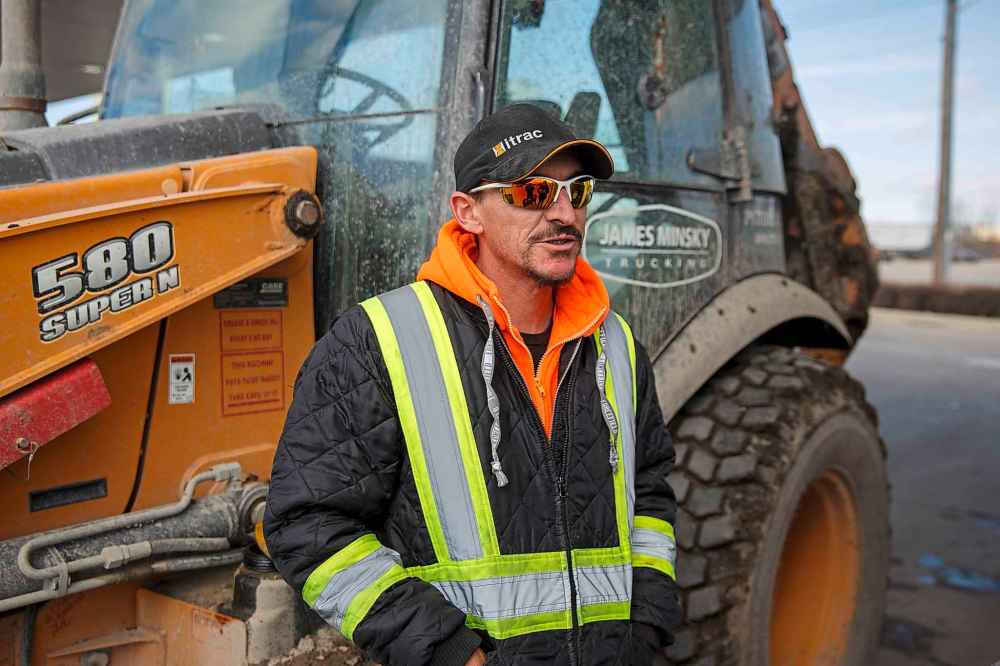
Making eco-friendly alternatives more affordable — with subsidies for hybrid electric vehicles, for instance — has proven successful in some countries, Wan said. Social identity can also play a role.
When environmentally-conscious Hollywood celebrities started driving the hybrid Toyota Prius and Tesla models, the vehicles were seen as a status symbol and driving one was considered aspirational, said Wan.
carol.sanders@freepress.mb.ca

Our newsroom depends on a growing audience of readers to power our journalism. If you are not a paid reader, please consider becoming a subscriber.
Our newsroom depends on its audience of readers to power our journalism. Thank you for your support.







